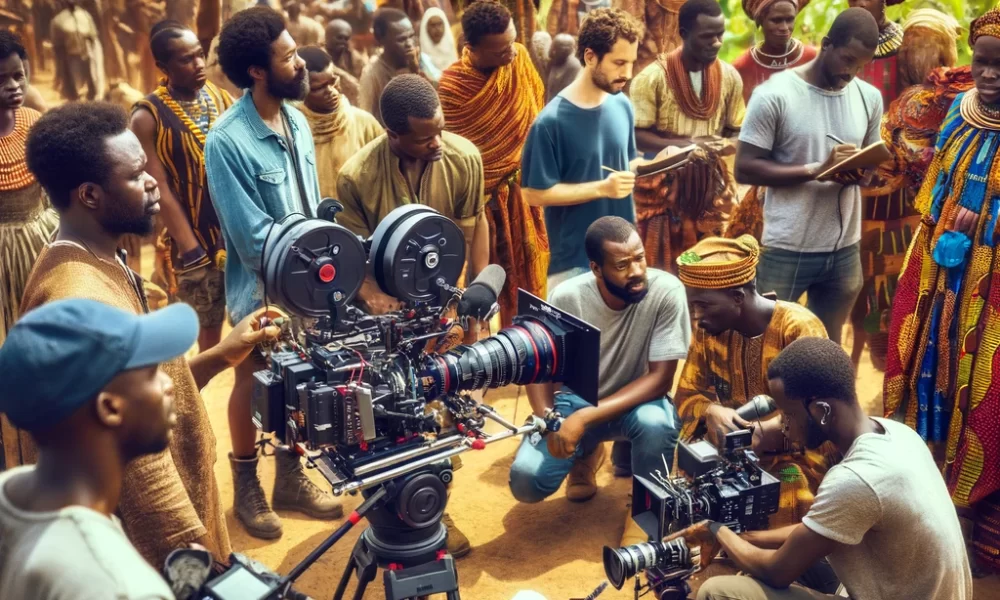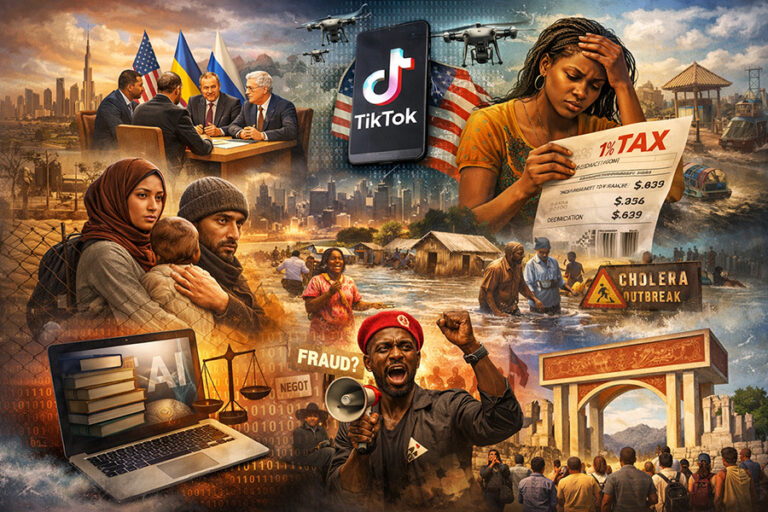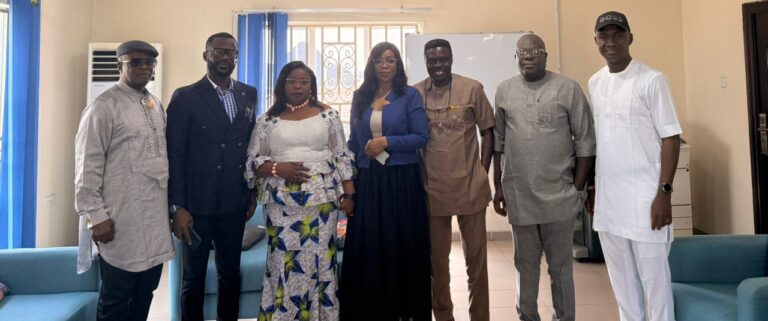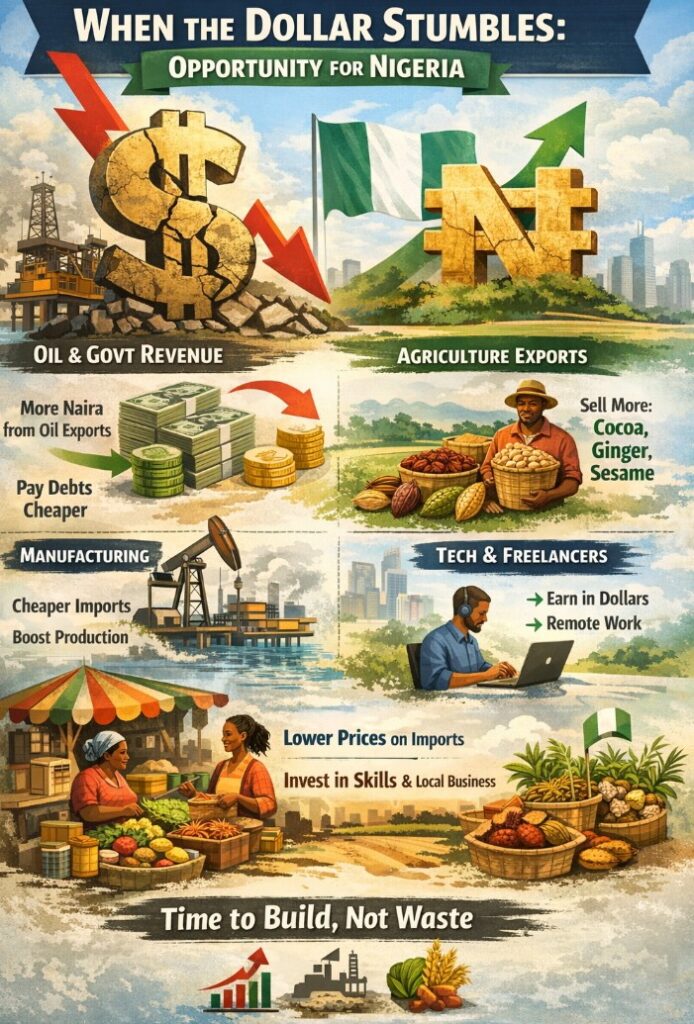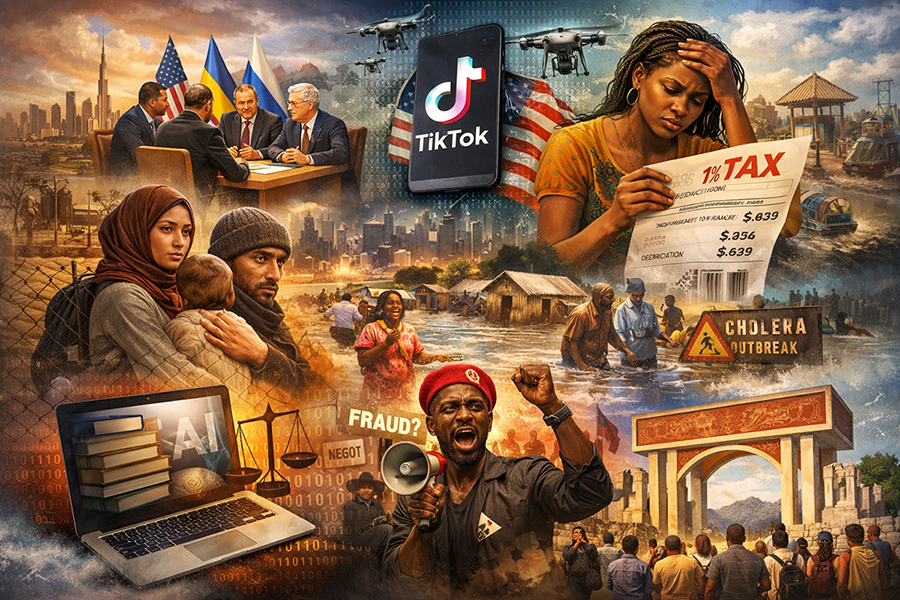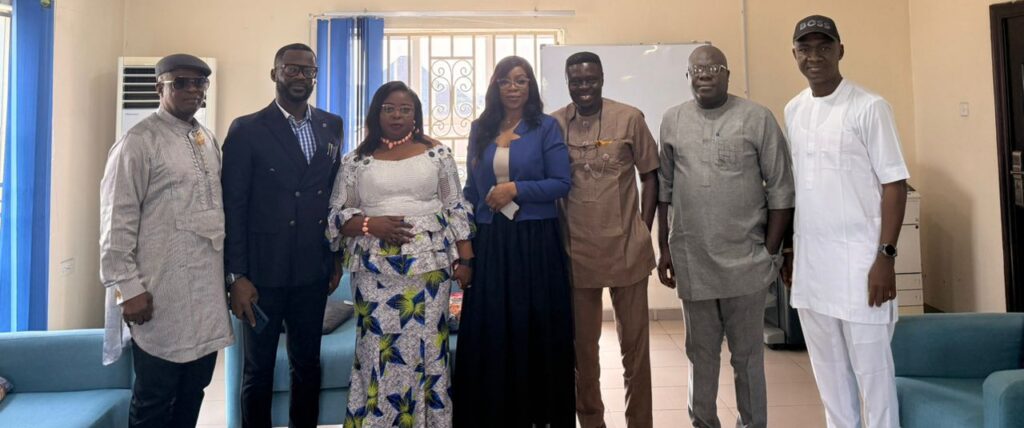In the panorama of global entertainment, the Nigerian film industry, Nollywood, exemplifies the profound capability of movies and music to shape societal norms, cultural identities, and even economic landscapes.
In the panorama of global entertainment, the Nigerian film industry, Nollywood, exemplifies the profound capability of movies and music to shape societal norms, cultural identities, and even economic landscapes. This essay delves into the multifaceted influence of the entertainment sector, with a particular focus on Nollywood’s impact and its interplay with societal dynamics.
The genesis and evolution of Nollywood mirror the broader narrative of the global movie industry’s journey from the rudimentary storytelling of the early 20th century to the sophisticated, technology-driven blockbusters of today. Nollywood, recognized as the second-largest film producer globally, epitomizes this transformation, highlighting the industry’s resilience and its pivotal role in artistic expression and societal commentary. Nigerian films serve as a conduit for cultural reflection, often tackling societal issues and provoking thought on topics ranging from corruption and social injustice to gender equality.
Parallel to the film industry, music holds a significant place in shaping cultural landscapes. In Nigeria, the synergy between movies and music amplifies the country’s cultural narrative, propelling it onto the global stage. The music industry, with its diverse genres ranging from Afrobeats to traditional rhythms, complements the storytelling of Nollywood, enhancing the emotional resonance and cultural depth of Nigerian films. Together, they forge a potent medium for cultural exchange and global influence.
Nollywood’s ascendancy in the global entertainment arena underscores the influential power of film as a medium for societal reflection and change. By weaving complex narratives that address pressing social issues, Nigerian movies contribute to public discourse, sometimes even catalysing policy shifts and social awareness. This exemplifies the broader capacity of entertainment to not only mirror societal norms and values but also to challenge and reshape them. Through its films, Nollywood has become a beacon of social commentary, reflecting the struggles, aspirations, and dynamism of Nigerian society.
Looking ahead, the future of Nollywood and the broader Nigerian entertainment industry is inextricably linked with digital innovation. The proliferation of streaming platforms and the ubiquity of social media have democratized access to content, allowing Nigerian films and music to reach a global audience like never before. This digital revolution offers unprecedented opportunities for Nollywood to expand its influence, experiment with new storytelling formats, and engage with international audiences. However, this digital frontier also presents challenges, including the need for robust copyright protections, infrastructure development, and ensuring equitable access to digital tools and platforms.
Conclusively, the Nigerian film industry, Nollywood, stands as a testament to the transformative power of entertainment in shaping societal narratives, cultural identities, and global perceptions. As a microcosm of the broader entertainment industry, Nollywood illustrates how movies and music can transcend geographical and cultural boundaries, fostering global dialogues and driving social change. The continued evolution of Nollywood, fuelled by technological advances and creative innovation, promises to further solidify its role as a cultural powerhouse and societal influencer in the years to come.


